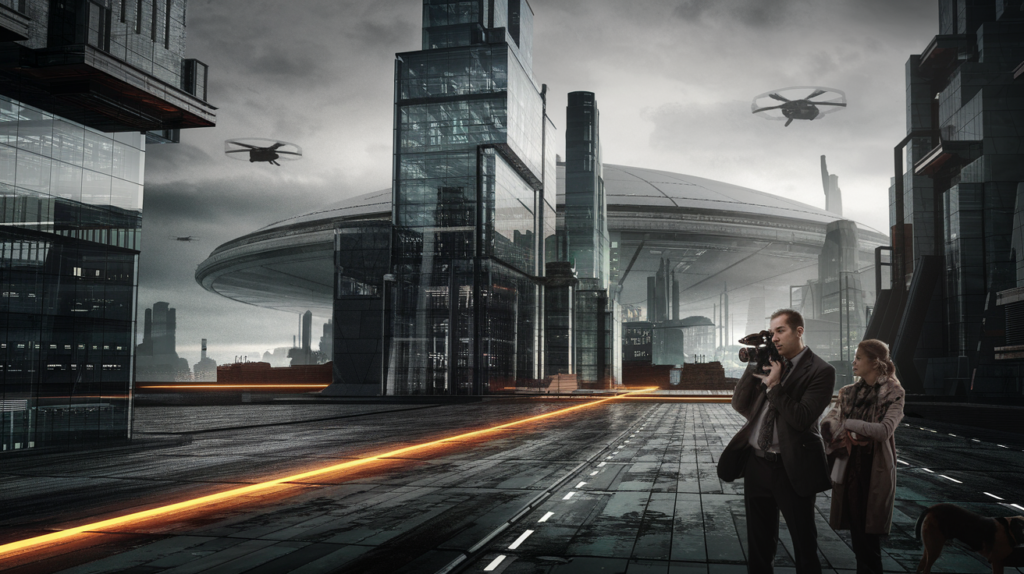
Introduction Of Science & Technology
Hey there, science enthusiasts and tech lovers! Today, we’re going to chat about something a bit different. We all know how amazing science and technology can be, but have you ever wondered if there might be a darker side to all this progress? Let’s dive in and explore some of the less-talked-about aspects of our tech-driven world.
The Hidden Costs of Science & Technological Advancement
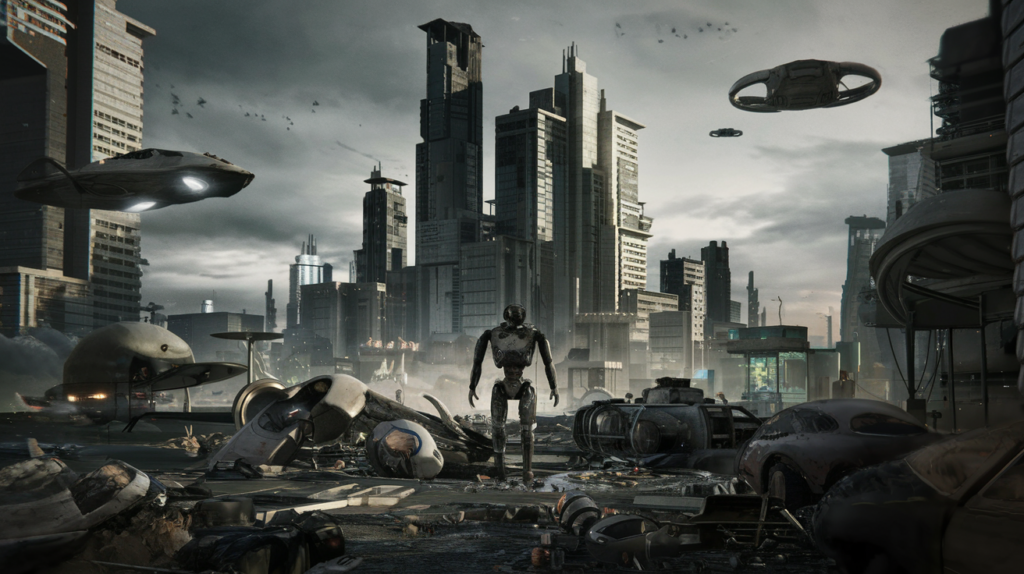
Environmental Impact
Did you know that our gadgets and gizmos come with a hefty environmental price tag? It’s true! The production of smartphones, laptops, and other electronics requires a lot of resources and energy. Plus, when we toss out our old devices, they often end up in landfills, releasing harmful chemicals into the soil and water.
Every year, we generate about 50 million tons of electronic waste globally. That’s like getting rid of 1,000 laptops every second!
Privacy Concerns
Remember when we used to joke about our phones listening to us? Well, it turns out that might not be so far from the truth. Our smart devices are always gathering information about us. While this can make our lives more convenient, it also means that companies know a lot more about us than we might be comfortable with.
- Your smart TV could be watching you too.
- Voice assistants could be recording more than just your commands
- Social media platforms know your habits better than your best friend
The Ethics of Scientific Research of Science
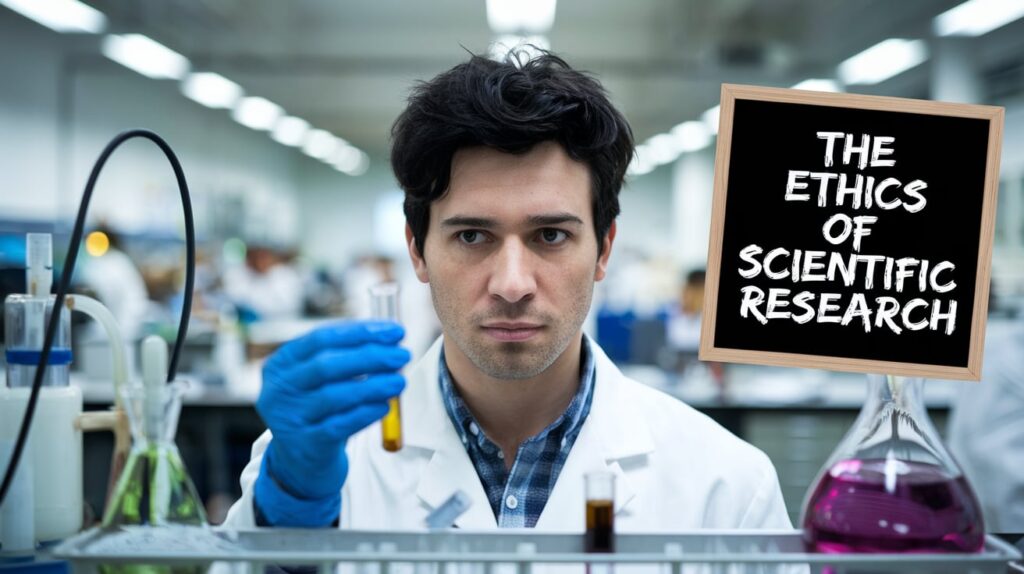
Animal Testing
This is a tough one. Many of us love animals, but did you know that a lot of scientific research still relies on animal testing? From cosmetics to medicines, countless products go through animal trials before they reach us. It’s a complicated issue with good points on both sides.
Genetic Engineering
Imagine being able to choose your baby’s eye color or eliminate genetic diseases before birth. Sounds great, right? But genetic engineering also raises some tricky ethical questions. Where do we draw the line between preventing diseases and creating “designer babies”?
The Digital Divide
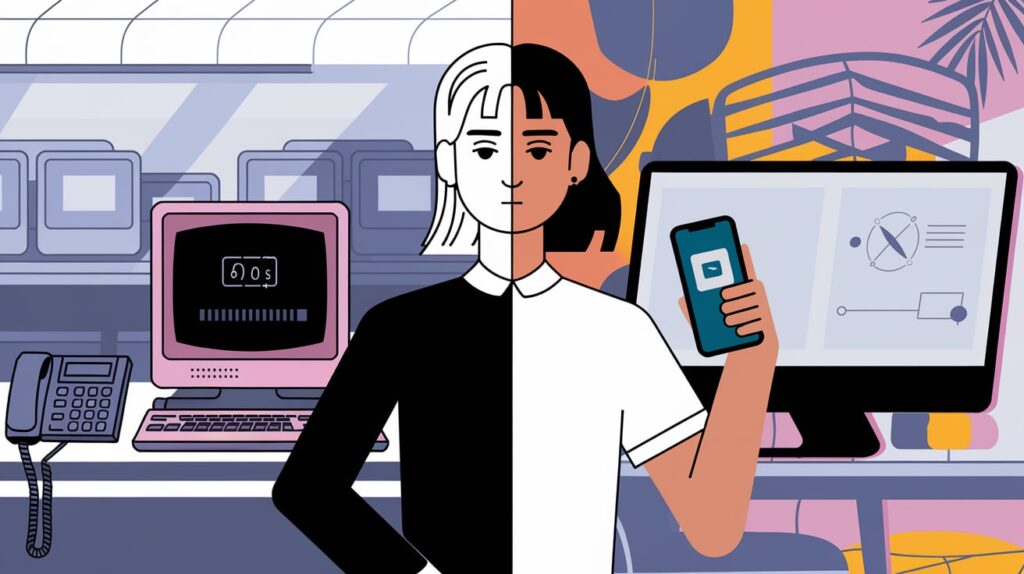
In our connected world, it’s easy to forget that not everyone has equal access to technology. This gap, called the digital divide, can lead to serious problems.
Education Inequality
With more schools moving towards online learning, kids without access to computers or the internet at home are at a big disadvantage. It’s not just about homework – it’s about having the tools to learn and grow in our digital age.
Job Market Disparities
As more jobs require tech skills, people without access to technology or digital education are being left behind. This creates a cycle where those who are already disadvantaged have an even harder time catching up.
The Psychological Impact of Technology

Social Media and Mental Health
We all love staying connected with friends on social media, but have you ever felt worse after scrolling through your feed?
Research has found that using social media a lot is linked to feeling more lonely, anxious, and depressed.
Screen Time and Sleep
Raise your hand if you’ve ever stayed up way too late watching “just one more episode” or scrolling through your phone. (My hand is definitely up!) The blue light from our screens can mess with our sleep cycles, leading to a whole host of health issues.
Artificial Intelligence: Friend or Foe?
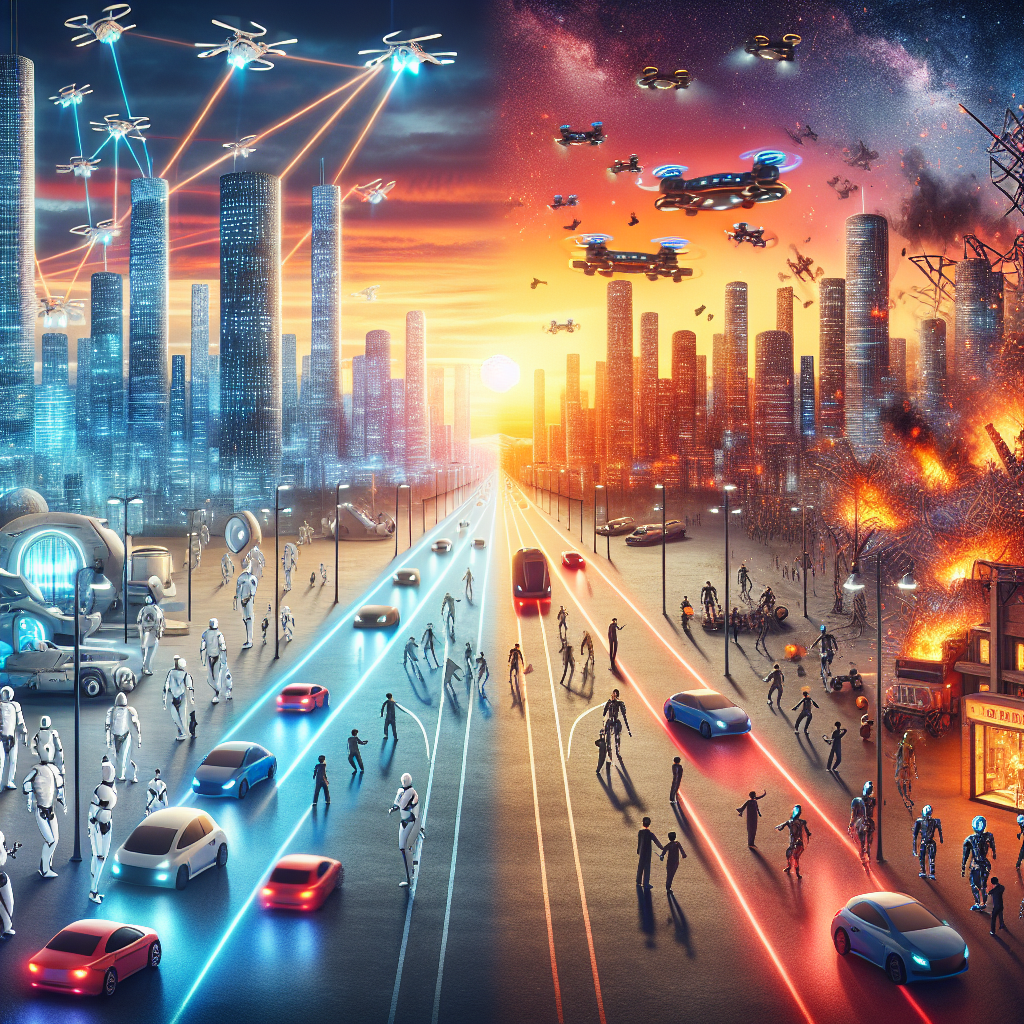
AI is making our lives easier in so many ways, from voice assistants to personalized recommendations. But there’s another side to this.
Job Displacement
As AI gets smarter, it’s taking over more jobs that used to be done by humans. While this creates new opportunities, it also means that many people might find their skills becoming obsolete.
Algorithmic Bias
AI systems are only as unbiased as the data they’re trained on. This means that existing societal biases can be unintentionally baked into AI systems, potentially reinforcing discrimination in areas like hiring, lending, and criminal justice.
The Future of Warfare
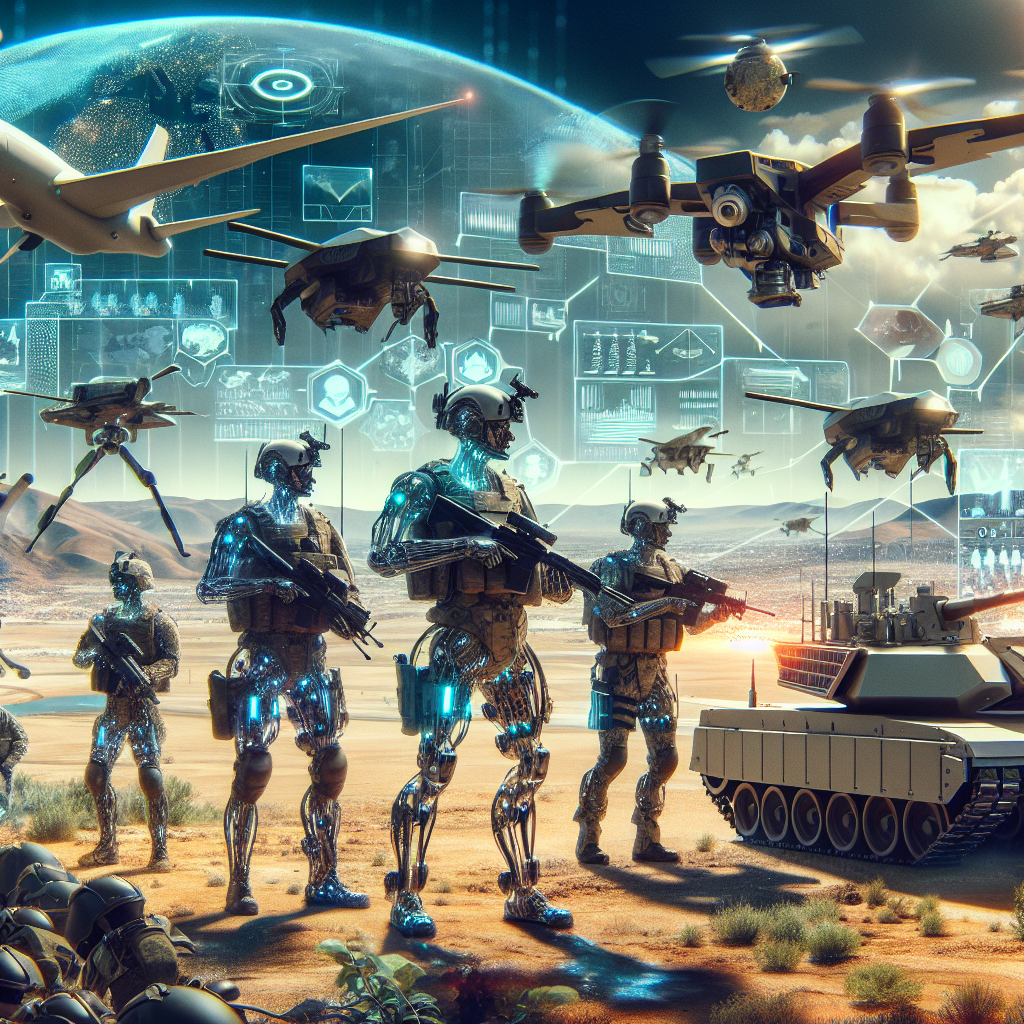
Technology isn’t just changing our daily lives – it’s also changing the face of warfare.
Autonomous Weapons
The idea of “killer robots” might seem like science fiction, but autonomous weapon systems are actually becoming real.
This raises serious ethical questions about accountability and the potential for uncontrolled escalation in conflicts.
Cyber Warfare
In our interconnected world, a keyboard can be as dangerous as a gun. Cyber attacks can disrupt critical infrastructure, interfere with elections, and cause massive economic damage.
Conclusion
Whew! That was quite a journey through the darker corners of science and technology. It’s important to remember that these advancements have brought us incredible benefits too. The key is to stay informed and think critically about how we use and develop technology.
What do you think? Are there other “dark sides” of science and tech that you’re concerned about? Let’s keep the conversation going!
Internal Links:
- The Ethics of AI Development: Are We Losing Control?
- Technological Advancements: Boon or Bane for Society?
- Privacy in the Digital Age: Protecting Your Data
- The Environmental Impact of Modern Science
- The Future of Human Augmentation: Enhancing or Endangering?
External Links:
- The Ethics of Artificial Intelligence – MIT
- Surveillance Capitalism and Privacy Concerns
- The Environmental Cost of Technology
- Science, Technology, and Ethical Risks – Stanford
- Tech and the Environment – UN Report

